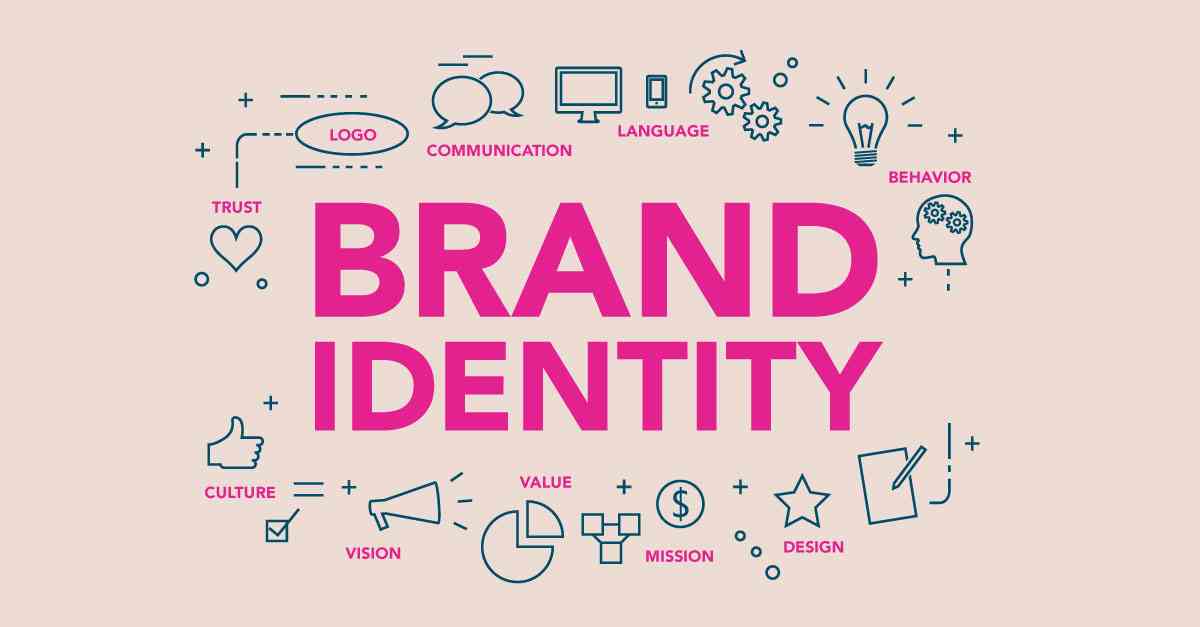
The personality of a brand embodies its unique character. The focus extends beyond the actions of the brand; it includes the connections it nurtures among individuals. A brand with a strong personality fosters an emotional bond with consumers.
The aim is to cultivate a positive perception of the brand, and organisations must clearly articulate their brand personality to engage effectively with their target audience. The brand’s messaging, imagery, and overall marketing efforts will reflect this identity. Consistency in conveying this personality is vital. There are five primary types of brand personality: sincerity, ruggedness, competence, excitement, and sophistication, each displaying distinct characteristics.
These characteristics are borrowed from one of the leading brand management scholars David Aaker who likens the attributes of brand personality to a human being as outlined below:
Sincerity: Brands that exemplify honesty and candour while remaining committed to ethical principles and societal progress.
Excitement: Brands are seen as inventive and thrilling and known for thinking outside the box.Competence: Trustworthy and ethical brands that are intelligent and efficient, fostering trust through competence.Sophistication: Luxury and upper-class brands are often depicted as attractive and charming.Ruggedness: Outdoor-themed and adventurous brands unafraid to explore and cater to thrill-seekers.
In defining the character of their brands, pan-African entrepreneurs establish the essence of their entire business and how they will engage with the world. This is a critical element of the enterprise, as it reflects the soul of the business and its approach to the markets.
The concept of brand personality functions similarly to a unique emblem that helps a brand distinguish itself from others. Think of it as everyone in a large crowd wearing different colours; this allows the brand to be seen and remembered. This is significant, especially considering numerous businesses compete for consumers’ attention.
When competing in a large market with many different brands, having a strong personality is akin to possessing a unique superpower. Because the brand can differentiate itself from rival brands, consumers will find it much easier to recognise and remember it. This is a vital point to remember in this hectic world, where everyone seeks to stand out.
When individuals connect with a brand’s personality, it resembles making a new friend. This relationship is of utmost importance, as it increases the likelihood that customers will remain loyal to the business. The experience is similar to having a favourite friend with whom you always want to spend time. Furthermore, this positive association increases the brand’s value over time.
Can you imagine visiting a shop and encountering two options for the same item? If you find that one of them has a personality you find appealing, you are more inclined to choose that one. Research shows that more than half of consumers prefer buying products from businesses with distinct personalities. When individuals consider what to buy, having an outstanding personality can influence their decision.
The purpose of having a distinctive personality is not solely to be different; it also helps increase brand awareness. In other words, it’s like having a unique look that people remember you for. The fact that a brand has a personality that stands out benefits the brand by raising the number of people who notice and remember it.
“Brand” pertains to the brand itself and the individuals who connect with it. Choosing a brand with an appealing personality is akin to expressing yourself. It is like selecting colours or clothes that reflect your personality. As a result of this connection, people become more loyal to the business, providing a fun way to demonstrate who they are.
It is, therefore, critical for us to engage on the next step of how to put the whole concept into practise. This is critical to bring the brand personality into life, which can be done through the following stages:
Establishing significant relationships: A brand’s character genuinely emerges in the manner in which it operates within the larger global context. Brands create significant relationships by ensuring their actions reflect their core identity, which encompasses the messaging, conduct, initiatives, and principles of the brand. Similar to how individuals establish connections through common values and actions, brands cultivate relationships by consistently reflecting their defined personality in every interaction.
The visual and sensory identity of a brand serves as its representation to the world. The design encompasses components such as logos, typography, brand colours, and imagery. Coca-Cola is a prime example; its distinctive red colour is an integral part of the brand identity. A strong personality provides a brand with a unique appearance that individuals readily associate with its identity. In addition to visual elements, brands can express their personality through various other sensory experiences. A brand characterised by a glamorous personality may develop a refined in-store fragrance. This interactive experience enhances the brand’s identity, crafting a multi-sensory impression that ensures a lasting impact.
The communication style and tone of voice reflect the brand’s personality, influencing how it conveys messages in both written and auditory forms. A brand’s expression of its voice, tone, tenor, and temperament indicates its fundamental personality traits. It is akin to how an individual’s voice or choice of words showcases their distinct personality. Maintaining a consistent communication style ensures that the brand’s personality is conveyed authentically.
In conclusion, an entreprises' or brand personality makes a company unique and helps create an emotional connection with customers. It works closely with brand images. The first helps build an emotional connection, while the second makes sure people recognise the brand and its real benefits. Both parts work together to create a strong, noticeable brand identity in a busy market. Defining a brand’s personality is very important, just like creating a superhero’s character. It helps the brand stand out, be strong against competitors, build customer relationships, influence buying choices, increase brand recognition, and allow self-expression. The process includes knowing key principles, connecting with the audience, getting feedback, and testing if the brand’s personality fits well. Brand personality is important because it helps make a brand memorable, relatable, and trustworthy, leaving a prolonged impact on people.
Until then, think, eat, sleep, and dream about branding!
- Dr Farai Chigora is a businessman and academic. He is a Senior Lecturer at the Africa University’s College of Management and Business Sciences. Also a global business modelling practitioner. His Doctoral Research focused on Business Administration (Destination Marketing and Branding Major, Ukzn, SA). He is into agribusiness and consults for many companies in Zimbabwe and Africa. He writes in his personal capacity and can be contacted for feedback and business at fariechigora@gmail.com, www.fachip.co.zw, WhatsApp mobile: +263772886871.
- Dr Tabani Moyo is an extra-ordinary Researcher with the University of North West, South Africa’s Social Transformation School. His holds Doctorate in Business Administration (Research focus on new media and corporate reputation management, UKZN), Chartered Marketer, Fellow CIM, Communications and Reputation Management expert based in Harare. He can be contacted at moyojz@gmail.com @TabaniMoyo (X)










